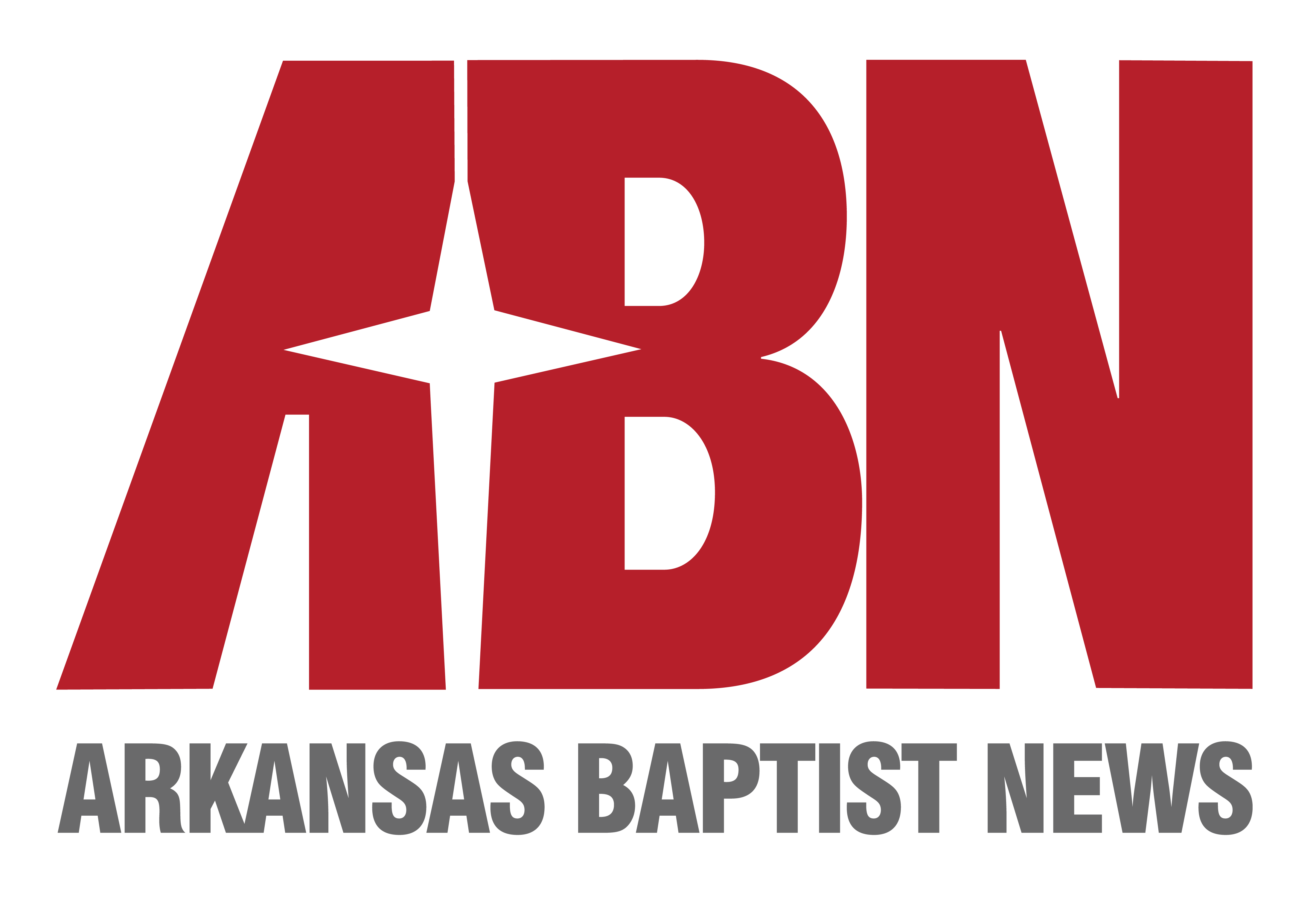This article was written by Jamie Naramore, the International Church Strategist at the Arkansas Baptist State Convention.
There are approximately 145,000 immigrants in Arkansas, meaning 1 out of every 20 Arkansans (5%) was born in a foreign country. Over 50,000 of these represent Unreached People Groups. Additionally, there are approximately 135,000 Arkansans who are native-born Americans with immigrant parents, and countless third generation Americans who still retain a close identification with their families’ heritage, language, and religion. But these are not just numbers. These are our co-workers, peers, and neighbors. And it will truly take every church in Arkansas doing their part to reach every nation next door.
So how can every church in Arkansas pursue the missionary task among Unreached People Groups in Arkansas?
1. Pray for the harvest and its laborers
The first priority for any church pursuing God’s heart to reach the nations should be prayer. This begins with becoming aware of who God has brought to Arkansas as immigrants, refugees, and international students. As we seek God’s heart for the nations and see the nations next door, we will begin to pray for them to turn to Christ and for the church to grow among them.
Adopt a prayer strategy that informs you of the various people groups around you, their needs, and the ways God is working among them around the world. As you pray for various groups, seek God’s direction in possibly adopting a specific Unreached People Group(UPG). In Arkansas, we have identified over 75 different UPGs. You could adopt a group based on their population or evangelism status, or even based on current relationships you have with an international work (ex. If you are already praying for or partnering in a work with a UPG in Southeast Asia, choose to adopt a Southeast Asian group in Arkansas). Not only could a church adopt a UPG, but so could an association.
As we pray for the harvest, let us also pray for those God is sending as laborers. Many are engaging primarily on the college campus, but there are also some who are pursuing church planting strategies among specific UPGs. There are also ethnic/foreign-language church pastors with a heart for reaching others from their culture around the state. But there is a great need for more, and we should be praying that God continues to send laborers into the harvest field.
2. Partner where God is at work
Not only can we pray, but we can also partner with individuals, groups, and churches who are actively engaging internationals. Ethnic/foreign-language pastors and churches, as well as church planters, are often in need of space, resources, fellowship, and training. Your church could be a blessing to them in a tangible way, and you could also be blessed by diverse friendships within the Body of Christ and the opportunities they create to minister to other internationals. Through these relationships you could have the chance to minister to migrant workers, multi-housing complexes, and even refugees.
Baptist Collegiate Ministries (BCM) and other organizations that minister to international students are a great way to be introduced to international missions in Arkansas, as well as partner with a reputable organization around campus. Most churches in Arkansas are within an hour’s drive to one of our colleges or universities. And many are already connected to a campus through their local association. Many BCMs and International Student Ministries need churches to partner with them to welcome international students, help them adjust to life in America, facilitate language practice, and foster friendships. These are most often accomplished through meals, donations, resources, and of course, relationships.
You can also partner by giving to missions through the Cooperative Program(CP). Through CP, the Arkansas Baptist State Convention (ABSC) is able to resource and equip those who are sharing the Gospel and starting churches among UPGs in Arkansas.
3. Plant the Gospel
Finally, we have the incredible opportunity to plant the Gospel among those who are far from God, because we believe that God has ultimately brought the nations near to us so they might hear and respond to the Gospel (see Acts 17:26-27). As we pray for laborers to be sent into the harvest, then we should not be surprised that God will call churches and individuals to do just that. All of us can be intentional in having Gospel conversations as we discover the unreached around us and enter into relationships with them. That might be at an ethnic market, with a co-worker or neighbor, or at a weekly English conversation club. And when immigrants, refugees, and international students respond in faith, we need to be faithful in discipling them and modeling the importance of biblical community and the Great Commission.
Those who work with international students or others with a temporary status, are recognizing the strategic influence of their mobility. If you plant the Gospel and give them a healthy model of biblical discipleship, community, and missions they can be sent from Arkansas as missionaries and planters wherever God is taking them next. In this way we are seeking to plant Gospel congregations through them. But some groups have already begun putting down roots in Arkansas. Therefore, some churches and individuals are being called beyond Gospel conversations to also pursue planting Gospel congregations among them. This is especially true, and greatly needed, among many from Arab Muslim, Indian Hindu, and Chinese or Southeast Asian backgrounds.
God working in Arkansas, and through Arkansas, to reach the nations. How is he calling you and your church to be involved?
This is the third article in a series related to Diaspora Missions in Arkansas exploring the three main groups of internationals, ministry priorities, and roles of the local church. If you would like further information on how to get involved in reaching the nations next door, contact Jamie Naramore jnaramore@absc.org.


